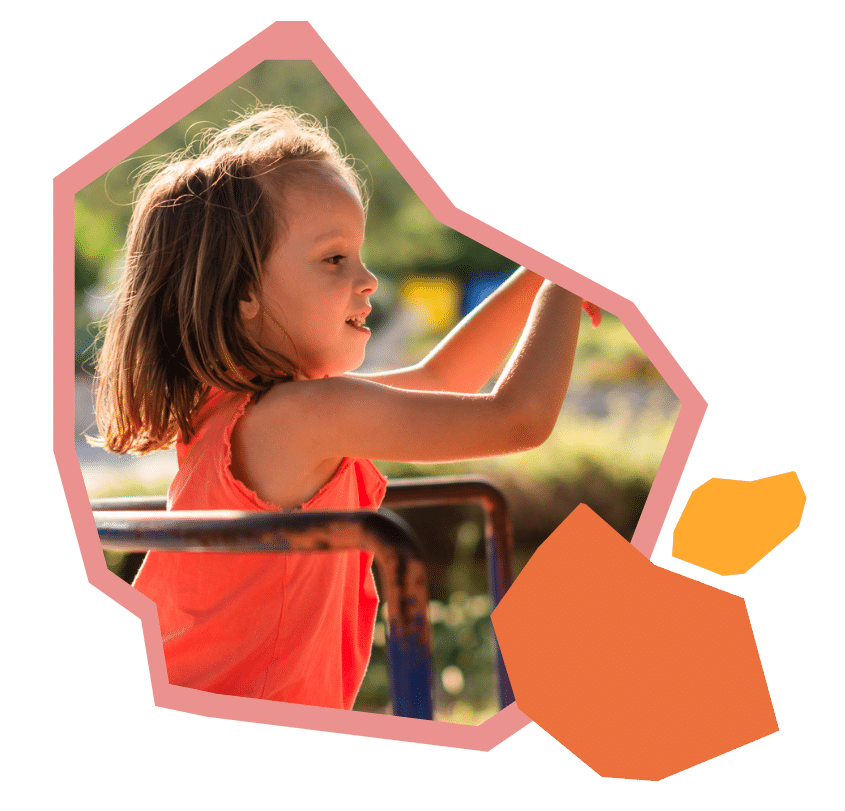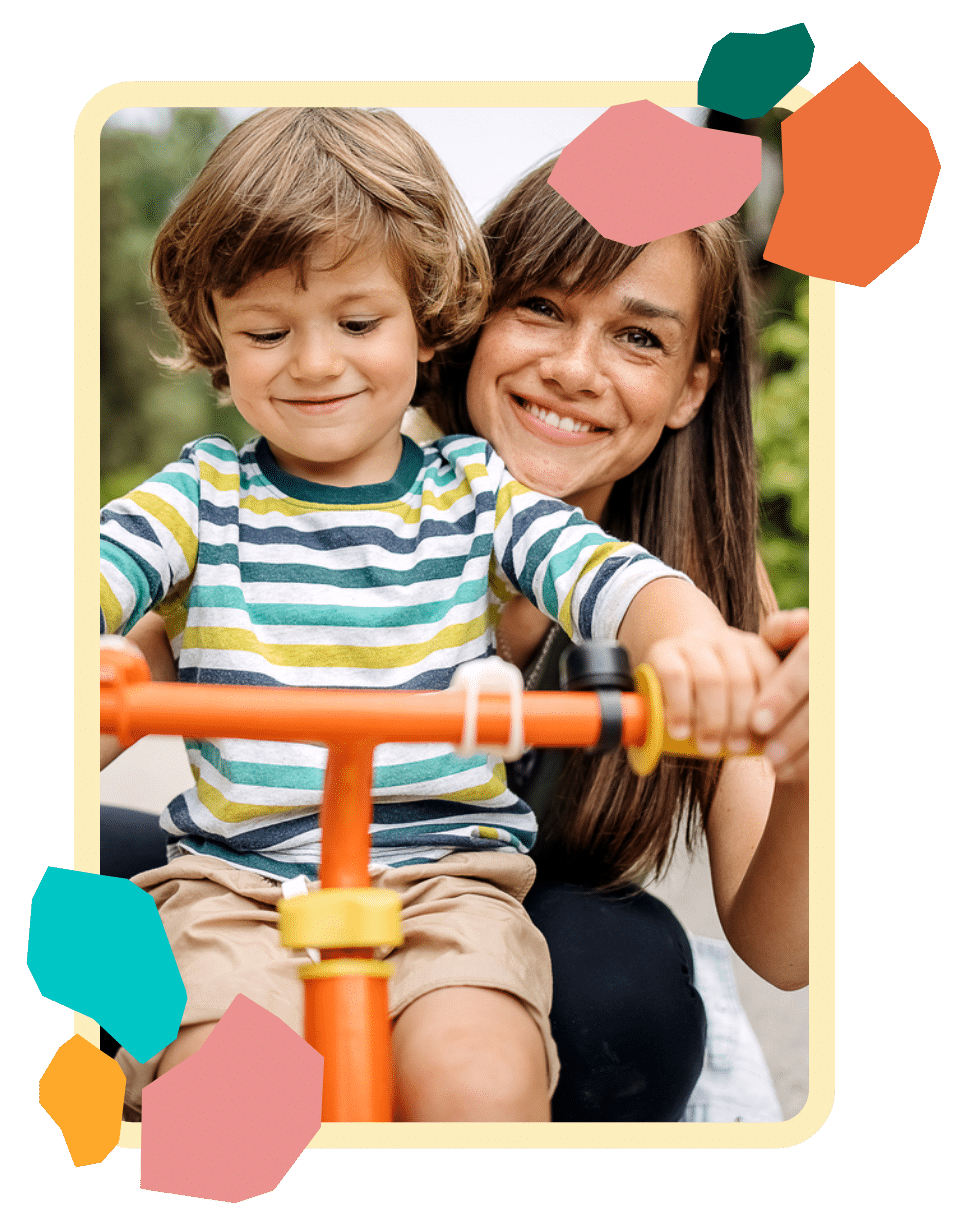Cara E.


Many children with autism experience difficulties with toileting, such as delayed toilet training, frequent accidents, and resistance to using the bathroom. These challenges may be due to a variety of factors, including sensory sensitivities, communication difficulties, and difficulty with social skills and understanding expectations.
Toileting difficulties can have a significant impact on the daily lives of both the child and their family, and addressing these challenges is essential for promoting independence and improving quality of life.
Applied Behavior Analysis (ABA) is one intervention that has been shown to be effective in addressing toileting difficulties in children with autism, and can be tailored to each child’s unique challenges and strengths.

The ABA toilet training protocol is an evidence-based approach that involves breaking down the toileting process into small, manageable steps through a strategy called discrete trial training (DTT). DTT focuses on teaching children the skills and behaviors necessary for successful toileting, such as recognizing the urge to go, communicating the need to use the bathroom, sitting on the toilet, and cleaning up afterwards.
ABA early intervention toilet training also emphasizes positive reinforcement for successful attempts and gradually fades prompts and rewards as the child becomes more independent. This approach is tailored to each child’s individual goals, and progress is closely monitored and adjusted as necessary.
With consistent and structured implementation of the strategies, your child can make significant gains in toileting skills.
Our Testimonials

When you start toilet training a child depends on your child’s readiness for this important skill. Signs of readiness may include:
It is important to note that children with developmental delays, such as those with autism, may have a longer timeline for toilet training and may require additional support and accommodations. Early intervention ABA therapy can be beneficial in providing the necessary strategies and guidance tailored to your child’s individual needs. Additionally, consider your child’s unique circumstances and family dynamics when determining the appropriate time to begin toilet training.


At Wellspring Learning Centers, we are proud to offer high-quality ABA early intervention toilet training for children and families in the greater Nashville area. Learn more about our next-level ABA centers in Belle Meade and Antioch to see how we enhance the toilet training process through a fun and professional environment.
Get Started
We Accept A Majority of Insurance Providers
At Wellspring Learning Centers, we are proud to be in-network with the majority of major Tennessee insurance providers, including TennCare. Learn more about our ABA therapy coverage and discover how you can utilize your benefits to support your child’s ABA therapy needs. Please reach out to confirm insurance coverage.
Most children begin to show signs of readiness for toilet training between 18 and 36 months of age. However, it is important to note that the age to start toilet training can vary depending on individual readiness. Some children may show signs of readiness earlier or later than this age range. It is also important to consider your child’s developmental abilities when determining the appropriate time to begin toilet training.
The length of time it takes for potty training can vary widely depending on individual factors such as the child’s readiness, temperament, and developmental abilities, as well as the consistency and structure of the toilet training process. On average, it may take six months to a year or more for a child to become fully potty trained. It can take a year and half to two years for children with autism or other developmental disorders. It is important to note that potty training is a process that involves gradual steps and may require adjustments to the approach along the way. Therefore, it is important to approach potty training with patience, positivity, and a focus on the child’s individual needs and progress.
The coverage of toilet training programs by insurance may vary depending on your insurance provider, the specific program or intervention used, and your child’s needs. In some cases, insurance may cover the cost of ABA toilet training programs that are considered medically necessary for children with autism and other developmental delays, as these programs can improve your child’s functioning. Some insurance plans may require a diagnosis or referral from a healthcare provider, as well as prior authorization for the program. Additionally, some insurance plans may have coverage limits or restrictions on the number of sessions or duration of the program. It is important to discuss any questions or concerns about coverage with your insurance provider.
Our comprehensive ABA therapy centers in Belle Meade and Antioch serve the greater Nashville, TN area.
Our Belle Meade center address is 4515 Harding Pike Suite 114. Nashville, TN 37205.
Our Antioch center address is 5233 Harding Place, Suite 5249, Nashville, TN 37217.
At Wellspring Learning Centers we provide both comprehensive and focused ABA therapy programs. Each program is tailored to the individual needs of your child and ranges in intensity from 10 to 40 hours a week.
This means the amount of therapy and level of parent involvement varies as well. Skill training programs involving discrete trial training and natural environment training can require several hours each day. Throughout the day and week, the goal is to create various teaching opportunities through play for your child so that therapists can prompt, shape and reinforce appropriate responses.
Parents will be required to attend bi-weekly family meetings and periodic training sessions to ensure generalization of skills learned during ABA sessions. These training sessions will also help you learn how to better support your child in their daily life.

Complete our online form to begin your child’s enrollment in our ABA toilet training program, and a clinical leader will get in touch soon to schedule a consultation.